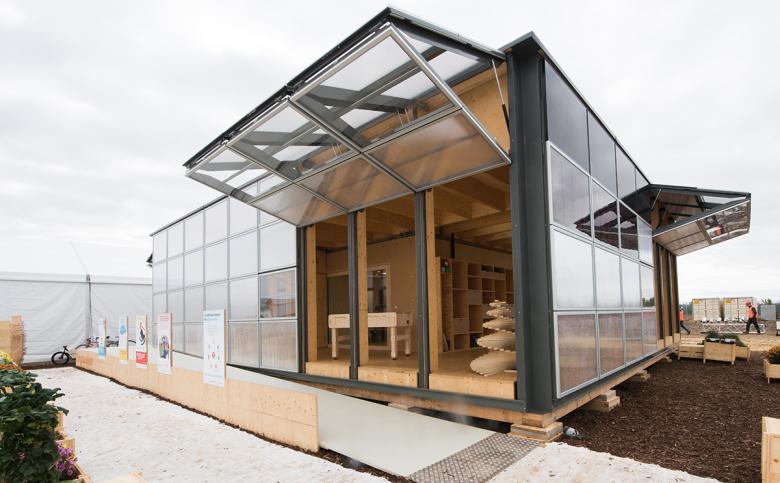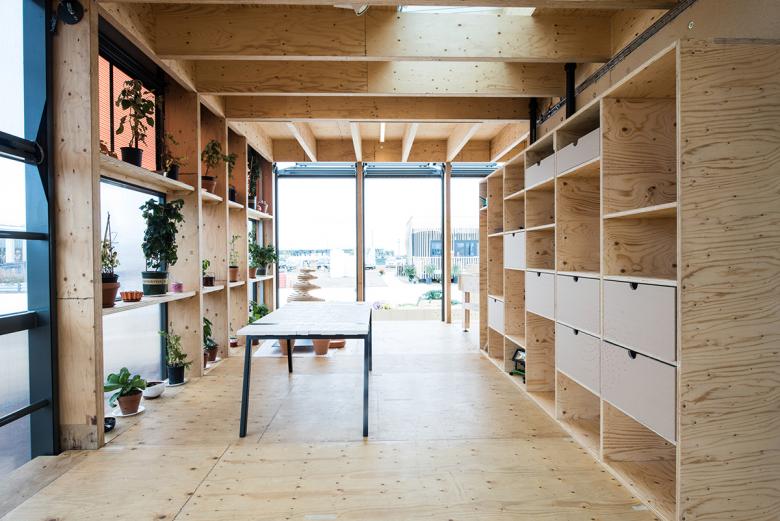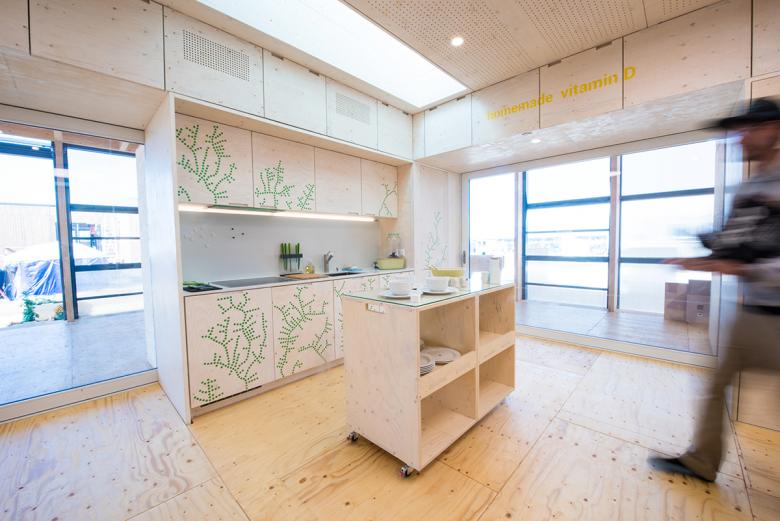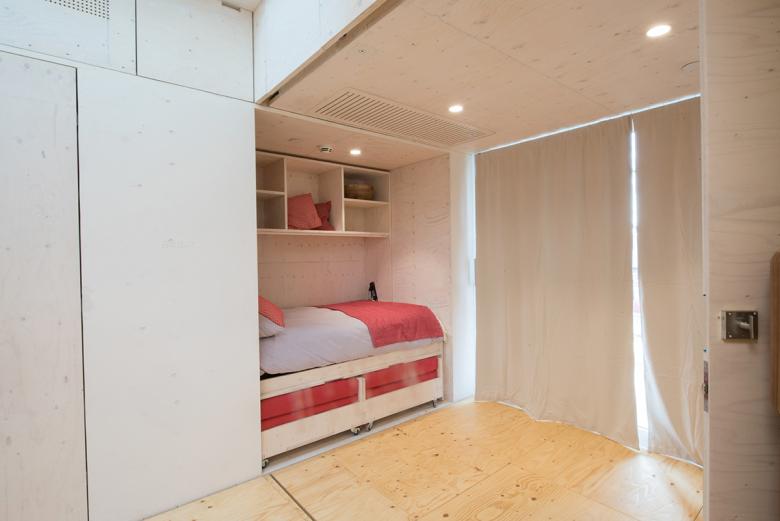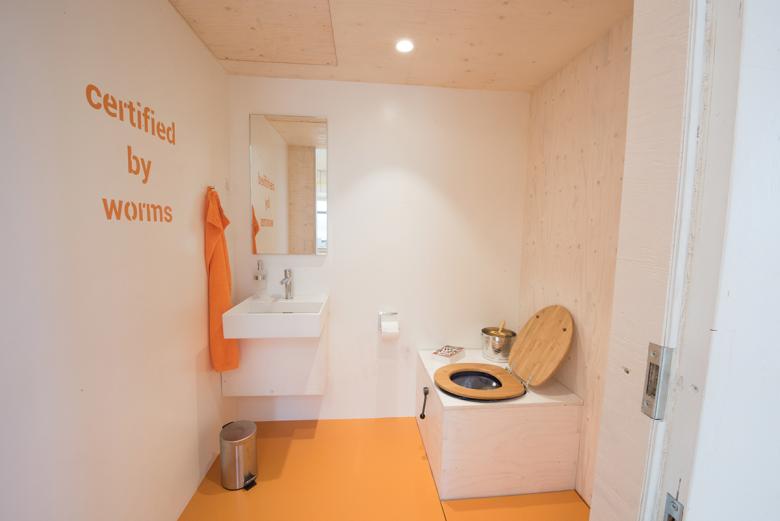Swiss 'NeighborHub' Wins 2017 Solar Decathlon
Students from four Swiss universities bested ten competitors to win the U.S. Department of Energy (DOE) Solar Decathlon 2017 that took place recently in Denver, Colorado.
A statement from the DOE indicated that the Swiss Team won the Solar Decathlon "by designing, building, and operating the house that best blended smart energy production with innovation, market potential, and energy and water efficiency." The team is made up of participants from the Ecole Polytechnique Fédérale de Lausanne (EPFL), the School of Engineering and Architecture of Fribourg (HEIA-FR), the Geneva School of Art and Design (HEAD) and the University of Fribourg (UNIFR).
The winning team's project is named NeighborHub and is described on its website as "an instigator of change, a neighborhood house that can be integrated into various urban settings." NeighborHub aims "to bring neighbors together and imagine with them more energy-efficient solutions to consume less and better." A few of the features and technologies of the NeighborHub include:
- Laminated veneer lumber for the house and its furniture,
- A productive building envelope with solar electric PV panels on the walls and a roof used to collect water and grow food,
- Dye-sensitized “Gratzel” solar cells to generate electricity and team-built solar thermal panels for hot water and space heating, and
- A zero-water “dry” toilet that uses worms to treat and recycle waste.
Second place went to the University of Maryland while the team of University of California, Berkeley and University of Denver tied for third place. The other participating schools/teams include: University of Nevada, Las Vegas; Missouri University of Science and Technology; HU University of Applied Science Utrecht; Northwestern University; Team Alabama: University of Alabama at Birmingham and Calhoun Community College; Team Daytona Beach: Embry-Riddle Aeronautical University and Daytona State College; University of California, Davis; and Washington University.

